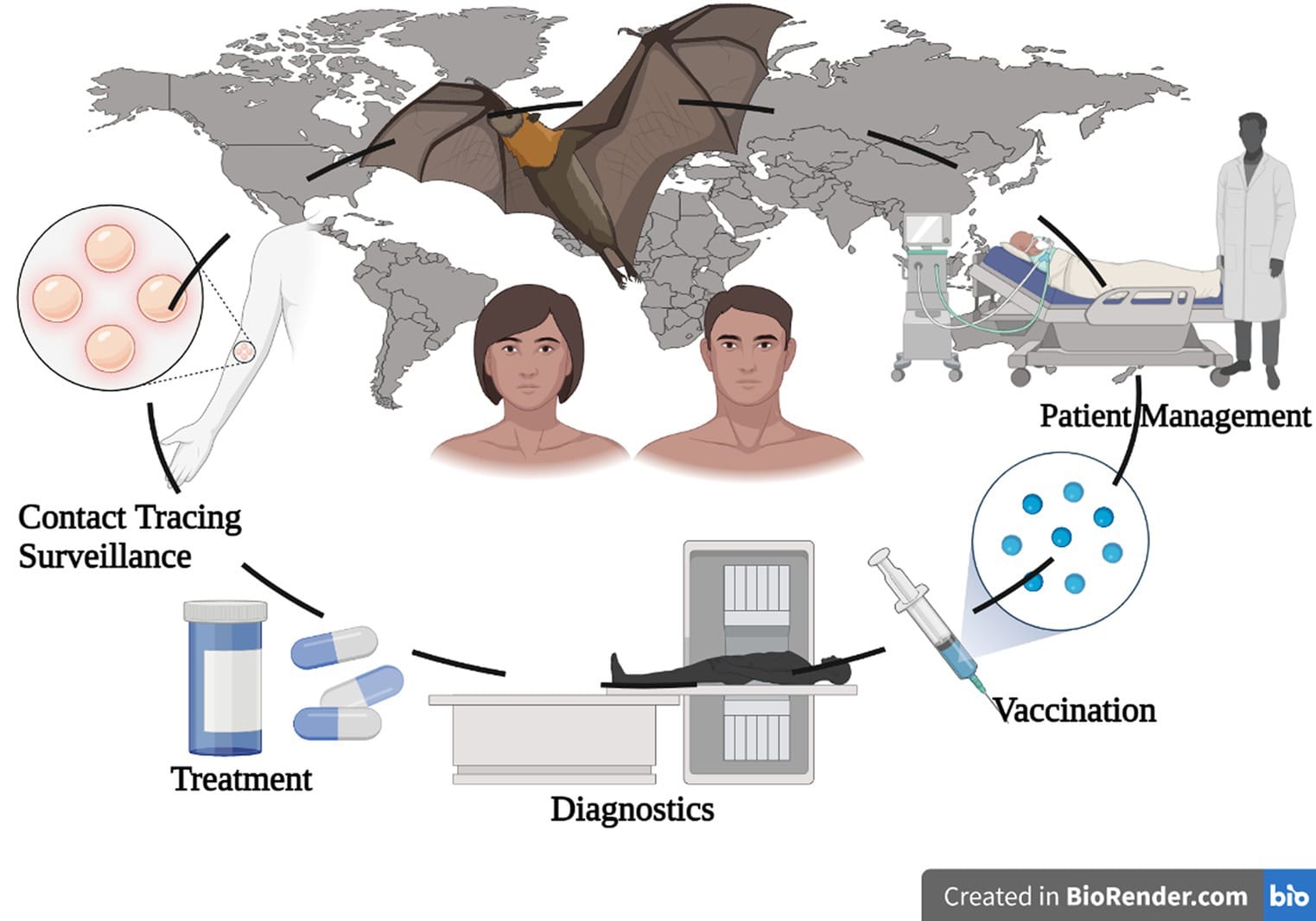In a significant development that has captured global attention, Tanzania’s President Samia Suluhu Hassan has officially confirmed the outbreak of the Marburg virus within the country. This announcement marks the first time the highly infectious and potentially deadly disease has been detected in Tanzania, prompting immediate response measures from health authorities.
The Marburg virus, similar to the Ebola virus, is a hemorrhagic fever that can be transmitted to humans from infected animals, particularly fruit bats. Human-to-human transmission can occur through direct contact with the blood, secretions, or other bodily fluids of infected individuals. The symptoms of the disease are severe and include high fever, muscle pains, and in some cases, hemorrhaging.
President Hassan addressed the public in a televised statement, emphasizing the need for vigilance and adherence to health guidelines. She assured the populace that the government is taking all necessary steps to contain the outbreak and prevent further spread. “The health and safety of our citizens are our top priority,” President Hassan stated, “and we are working closely with international health organizations to ensure a swift and effective response.”
The Tanzanian Ministry of Health has initiated a comprehensive surveillance program to identify and isolate potential cases. Healthcare facilities have been equipped with personal protective equipment and other necessary supplies to manage suspected and confirmed cases. Additionally, public awareness campaigns are underway to educate the public about the symptoms of the virus and the importance of seeking medical attention promptly.
The World Health Organization (WHO) has also been closely involved in the response efforts. WHO representatives have praised Tanzania’s swift action and commitment to transparency, noting that early detection and robust response measures are crucial in managing such outbreaks. Dr. Matshidiso Moeti, WHO Regional Director for Africa, said, “We commend Tanzania for its prompt response and are ready to provide all necessary support to contain this outbreak.”
The outbreak comes at a time when the global health community is already grappling with the ongoing COVID-19 pandemic. The emergence of the Marburg virus underscores the need for strengthened global health security and the importance of investing in healthcare infrastructure and preparedness.
In response to the outbreak, neighboring countries have also heightened their surveillance measures to prevent the virus from spreading across borders. Regional health organizations are coordinating efforts to share information and resources, emphasizing the importance of a unified approach in combating infectious diseases.
Despite the seriousness of the situation, health officials remain optimistic about the prospects of containing the outbreak. Early detection, robust response measures, and community engagement are seen as key factors in successfully managing the situation. President Hassan has called for unity and cooperation among all stakeholders, emphasizing that a collective effort is essential in overcoming this challenge.
The confirmation of the Marburg virus outbreak in Tanzania serves as a stark reminder of the ongoing threat posed by infectious diseases. It highlights the importance of continuous vigilance, robust healthcare systems, and international cooperation in safeguarding global health.


